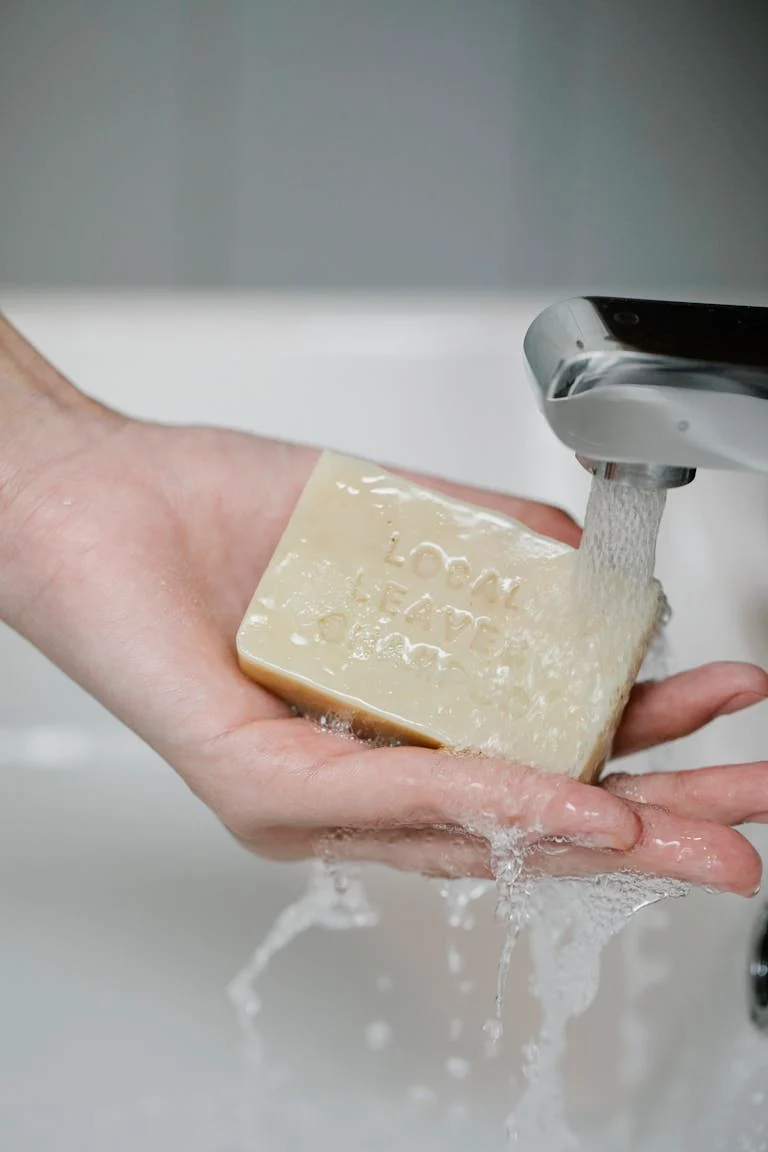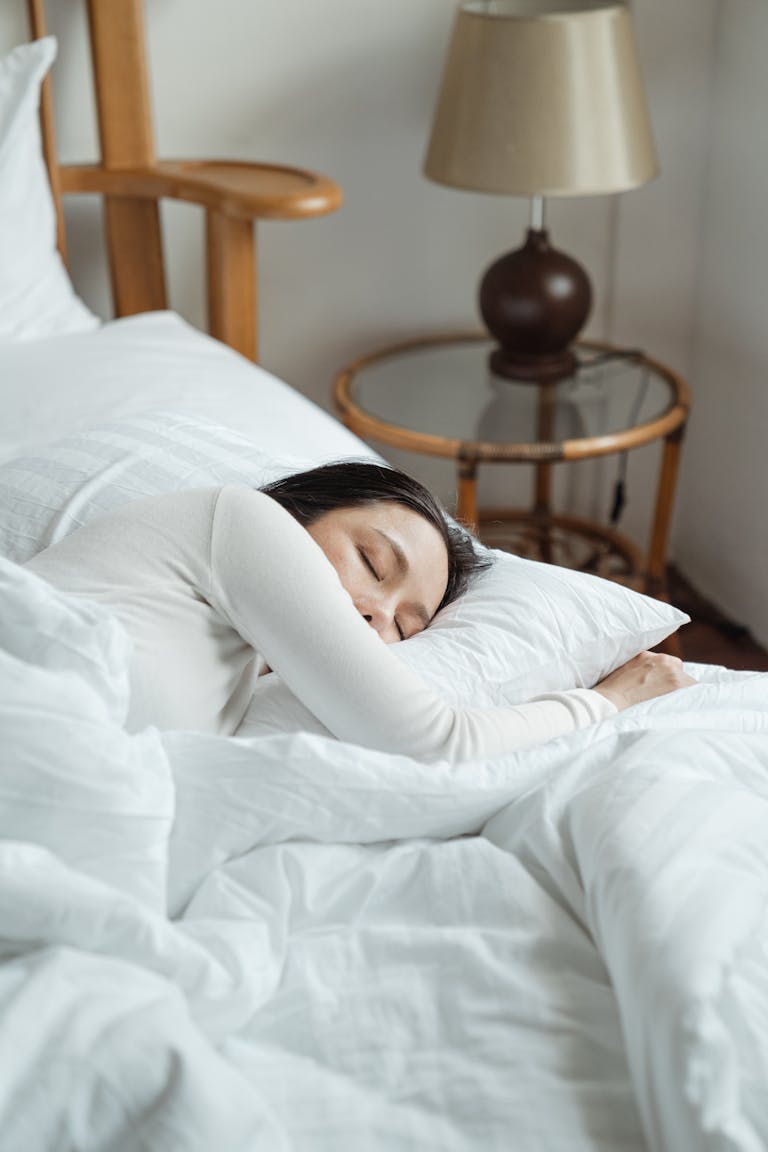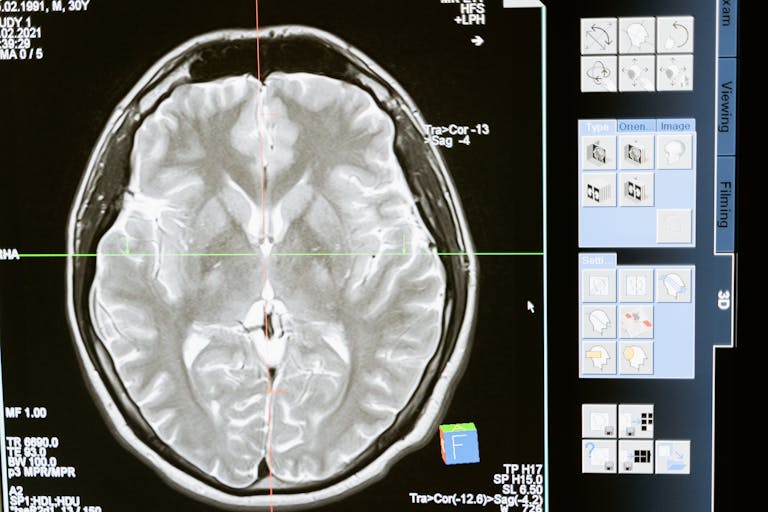The Role of Self-Care in Mental Health: 10 Essential Practices
Introduction
An essential part of mental health and wellbeing is self-care. Self-care techniques have gained more attention in recent years as a means of stress management, burnout prevention, and general mental health maintenance. This essay examines the connection between self-care and mental health and offers practical, everyday self-care techniques. We’ll examine the scientific underpinnings of self-care and provide helpful advice for improving mental health, drawing on recent studies.

Understanding Self-Care
Self-care is the routine use of techniques and activities by individuals to lower stress levels and improve their general well-being. It includes components of health that are social, psychological, emotional, and physical. Self-care is a customized approach based on each person’s unique requirements and preferences; there is no one-size-fits-all approach. The secret is to figure out what works best for you and incorporate it into your daily schedule.
The Importance of Self-Care for Mental Health
Self-care routines are essential for preserving mental health and preventing mental illness, according to research. Self-care practices can dramatically lessen the symptoms of anxiety and depression, elevate mood, and raise general life satisfaction, per a study by Van der Riet et al. (2018). Additionally, self-care can enhance resilience, helping individuals cope better with stress and adversity.
10 Essential Self-Care Practices
1. Mindfulness and Meditation
The benefits of mindfulness and meditation for mental health have been thoroughly researched. While meditation usually consists of focused concentration and relaxation techniques, mindfulness is paying attention to the current moment without passing judgment. Mindfulness meditation has been shown in studies by Khoury et al. (2015) to lessen symptoms of stress, anxiety, and sadness. Start by concentrating on your breath or a particular sensation for a few minutes each day to begin practicing mindfulness.
2. Physical Exercise
Getting regular exercise is one of the best self-care strategies for enhancing mental well-being. Exercise helps lessen the symptoms of anxiety and sadness by releasing endorphins, which are naturally occurring mood enhancers. A study by Schuch et al. (2016) found that depression risk is lowered in people who engage in regular physical activity. Most days of the week, try to get in at least 30 minutes of moderate activity, like yoga, running, or walking.
3. Nutritious Diet
An important factor in mental health is nutrition. Mood and energy levels can be raised with a well-balanced diet high in fruits, vegetables, whole grains, and lean proteins. According to research by Jacka et al. (2017), eating a balanced diet can lower the chance of developing anxiety and depression. Eat less processed and sugary food and more foods high in omega-3 fatty acids, such as walnuts and salmon.
4. Sufficient Sleep
It takes sleep to maintain mental health. Sleep deprivation can worsen depressive and anxious symptoms as well as impair thinking. Adults should aim for 7-9 hours of sleep per night, according to the National Sleep Foundation. To enhance the quality of your sleep, establish a regular sleep schedule, make your room relaxing, and avoid using electronics just before bed.
5. Social Connections
Keeping up solid social ties is essential for mental wellness. In addition to lowering loneliness and promoting emotional comfort, social support can enhance general well-being. A lower risk of mortality has been linked to good social interactions, according to research by Holt-Lunstad et al. (2010). Set aside time to volunteer in your community, join social clubs, and maintain relationships with friends and family.
6. Creative Activities
Painting, writing, or performing music are examples of creative pursuits that can be helpful for mental health. Self-expression and a reduction in tension and anxiety are two benefits of creativity. According to a 2010 study by Stuckey and Nobel, artistic expression can raise mental health and quality of life. Every week, set aside some time for a creative interest you love.
7. Nature Therapy
Numerous advantages for mental health have been demonstrated when spending time in nature. Spending time in nature can elevate mood, lower stress levels, and increase cognitive abilities. According to research by Bratman et al. (2015), spending time in natural settings can help reduce negative thought patterns and rumination. Whether it’s gardening, strolling through a park, or just relaxing outside, make an effort to spend at least half an hour each day outside.
8. Gratitude Practice
Being appreciative of what you have and concentrating on the good things in life are two components of practicing gratitude. Gratitude has been connected to happier lives, less stress, and better mental health. Gratitude therapies have been shown in a study by Emmons and McCullough (2003) to significantly improve emotional well-being. Keep a gratitude journal and write down three things you are grateful for each day.
9. Relaxation Techniques
Deep breathing, progressive muscle relaxation, and aromatherapy are a few examples of relaxation practices that can help lower stress and increase calm. It is simpler to handle anxiety and other mental health difficulties when one uses these approaches to quiet the mind and body. According to research by McCallie, Blum, and Hood (2006), anxiety can be effectively reduced by using relaxation techniques. Include these stress-reduction techniques in your everyday routine.
10. Seeking Professional Help
Self-care techniques are not always sufficient, and outside assistance is required. Counselors and therapists can offer assistance and direction in handling mental health problems. Anxiety, depression, and other mental health issues have been successfully treated with cognitive-behavioral therapy (CBT) and other treatment modalities (Hofmann et al., 2012). If you are having problems with your mental health, don’t be afraid to get expert assistance.
Conclusion
Self-care is necessary to both preserve and enhance mental health. You can improve your general resilience and well-being by adding mindfulness, exercise, a good diet, enough sleep, social interactions, creative pursuits, nature therapy, gratitude practice, relaxation techniques, and expert assistance to your daily routine. Recall that taking care of yourself is an investment in your pleasure and health, not a sign of selfishness.
References
Van der Riet, P., Rossiter, R., Kirby, D., Dluzewska, T., & Harmon, C. (2018). Mindfulness and self-care strategies for nurse managers. Journal of Clinical Nursing, 27(1-2), 1-23.
Khoury, B., Lecomte, T., Fortin, G., Masse, M., Therien, P., Bouchard, V., … & Hofmann, S. G. (2015). Mindfulness-based therapy: A comprehensive meta-analysis. Clinical Psychology Review, 33(6), 763-771.
Schuch, F. B., Vancampfort, D., Firth, J., Rosenbaum, S., Ward, P. B., Silva, E. S., … & Stubbs, B. (2016). Physical activity and incident depression: A meta-analysis of prospective cohort studies. American Journal of Psychiatry, 175(7), 631-648.
Jacka, F. N., O’Neil, A., Opie, R., Itsiopoulos, C., Cotton, S., Mohebbi, M., … & Berk, M. (2017). A randomised controlled trial of dietary improvement for adults with major depression (the ‘SMILES’ trial). BMC Medicine, 15(1), 23.
Holt-Lunstad, J., Smith, T. B., & Layton, J. B. (2010). Social relationships and mortality risk: A meta-analytic review. PLOS Medicine, 7(7), e1000316.
Stuckey, H. L., & Nobel, J. (2010). The connection between art, healing, and public health: A review of current literature. American Journal of Public Health, 100(2), 254-263.
Bratman, G. N., Hamilton, J. P., Hahn, K. S., Daily, G. C., & Gross, J. J. (2015). Nature experience reduces rumination and subgenual prefrontal cortex activation. Proceedings of the National Academy of Sciences, 112(28), 8567-8572.
Emmons, R. A., & McCullough, M. E. (2003). Counting blessings versus burdens: An experimental investigation of gratitude and subjective well-being in daily life. Journal of Personality and Social Psychology, 84(2), 377-389.
McCallie, M. S., Blum, C. M., & Hood, C. J. (2006). Progressive muscle relaxation. Journal of Human Behavior in the Social Environment, 13(3), 51-66.
Hofmann, S. G., Asnaani, A., Vonk, I. J., Sawyer, A. T., & Fang, A. (2012). The efficacy of cognitive behavioral therapy: A review of meta-analyses. Cognitive Therapy and Research, 36(5), 427-440.







